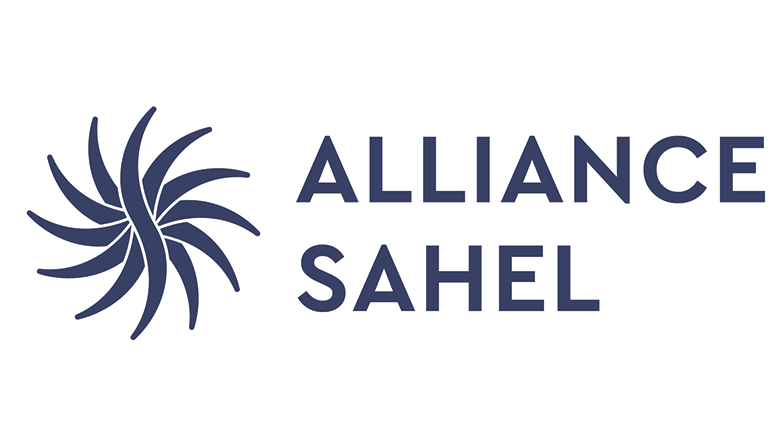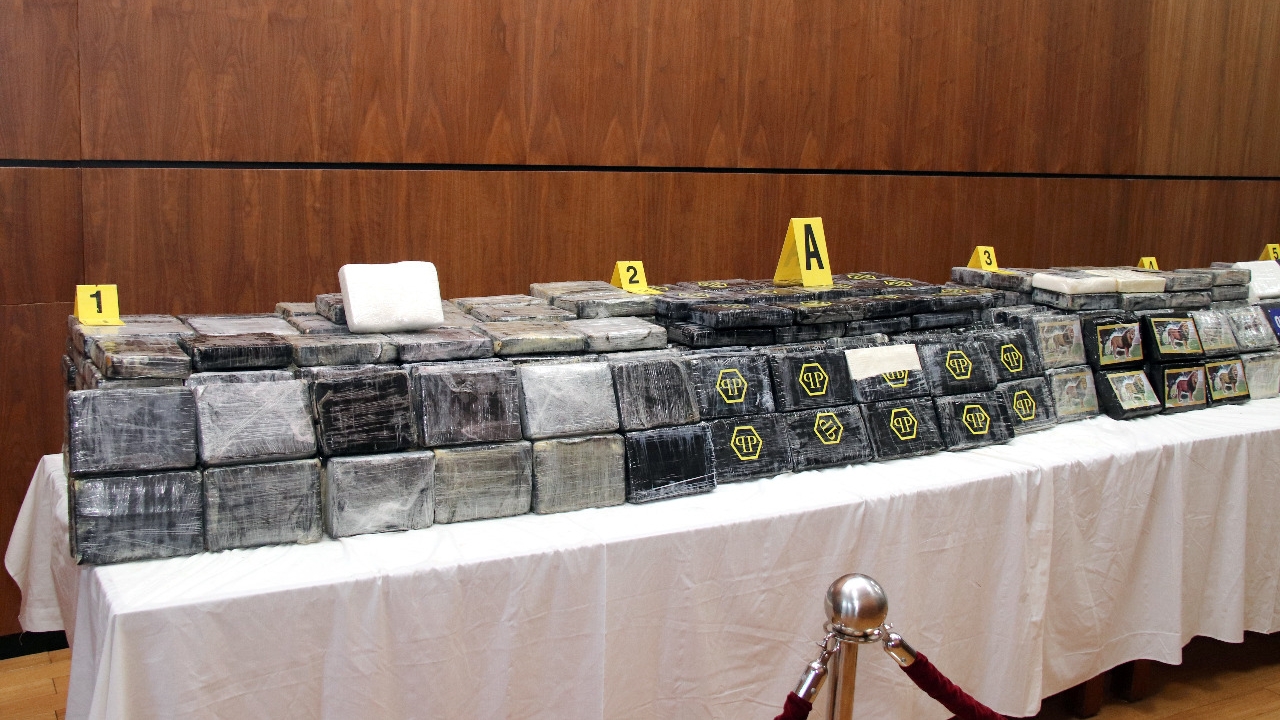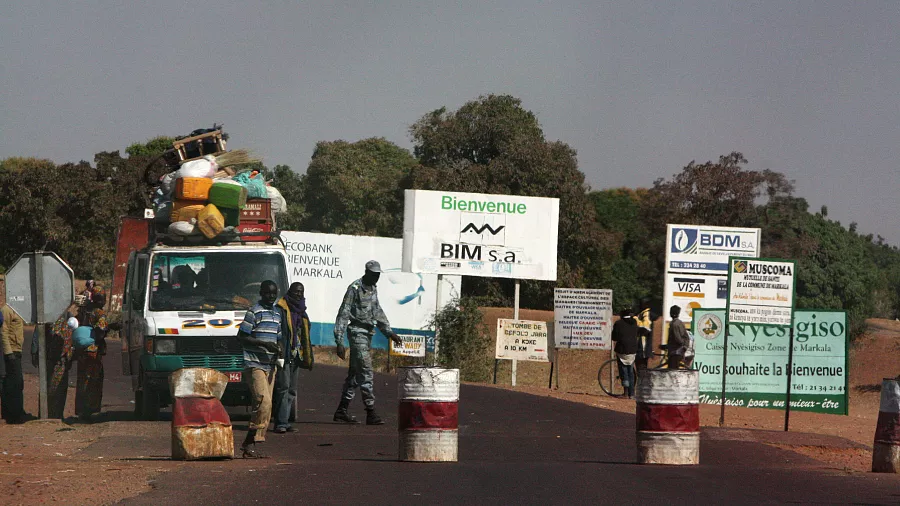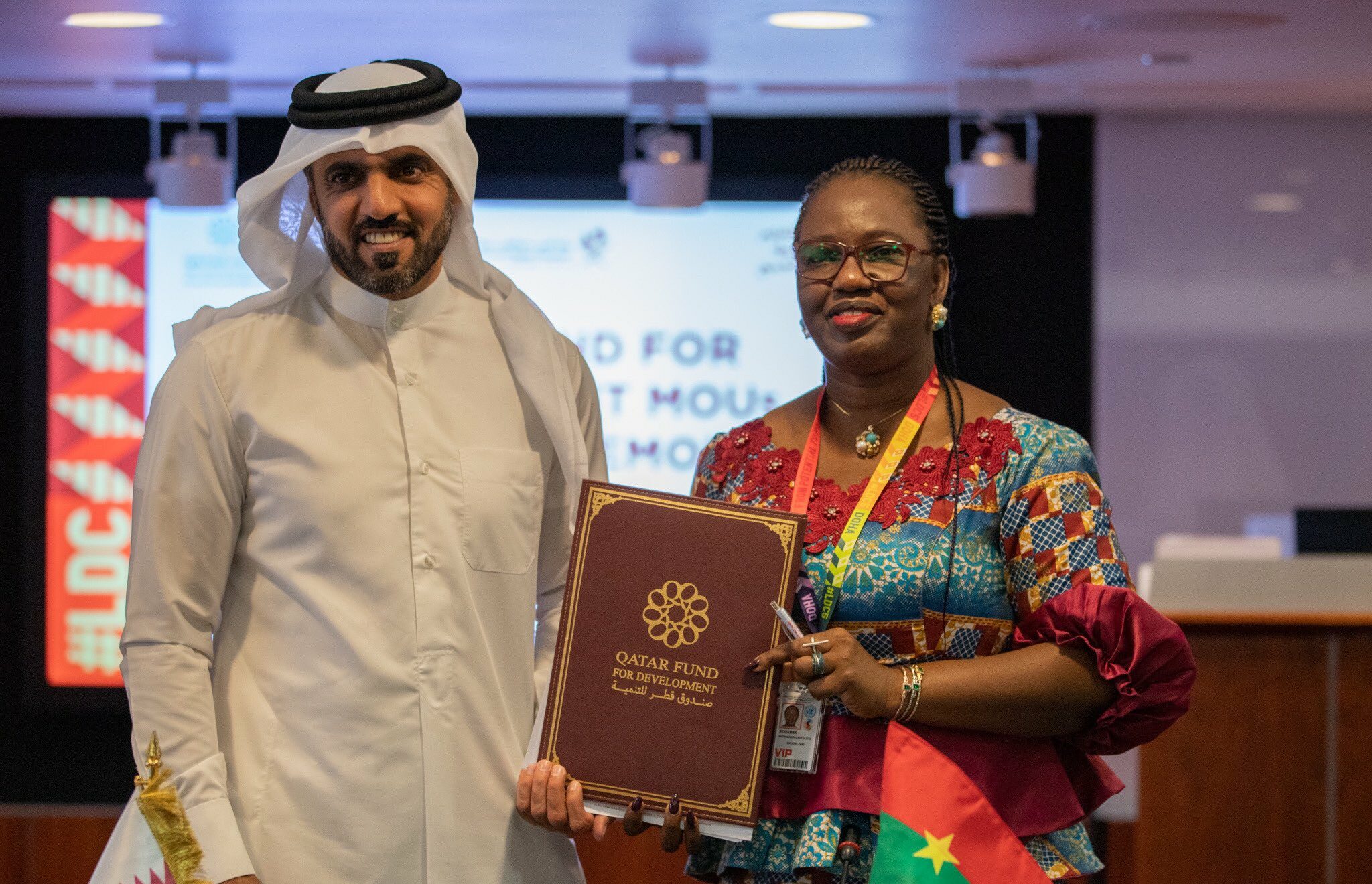Germany, which currently chairs the Sahel Alliance, a key development body in the conflict-torn region, makes efforts to boost trust in state structures in countries such as Burkina Faso also by showing its willingness to interact with the post-coup regimes.
Burkina Faso and Benin are part of a trip to the Sahel region by German Federal Development Minister Svenja Schulze that has started on Monday (4 March). The Sahel Alliance is currently investing around €28 million in the region, said a spokesperson for the Development Ministry, which also illustrates that “Germany and Europe are interested in good and neighborly relations with the countries of West Africa.” However, the spokesperson also added that “this can only be achieved with commitment and respectful, pragmatic policies. This starts with seeing the problems and taking them seriously.”
Schulze’s visit comes in the wake of the latest attacks on a church and a mosque in Burkina Faso that are the worst in some time in the Sahel country of 22 million inhabitants, where terrorist acts have been spreading since 2016. But Benin, the second stop of her trip, has also seen increasing terror attacks in the last few years. The consequences of terrorism are plainly visible in Burkina Faso where around 2 million people were displaced in March 2023, according to the UN refugee agency UNHCR, and more than 40% of the population living below the poverty line as of 2020, as data compiled by the World Bank show. In light of these negative developments, many have questioned Burkinabe military junta’s decision to join Mali and Niger and leave the Economic Community of West African States (ECOWAS) — an issue that’s also expected to be high on the agenda during Schulze’s visit.



